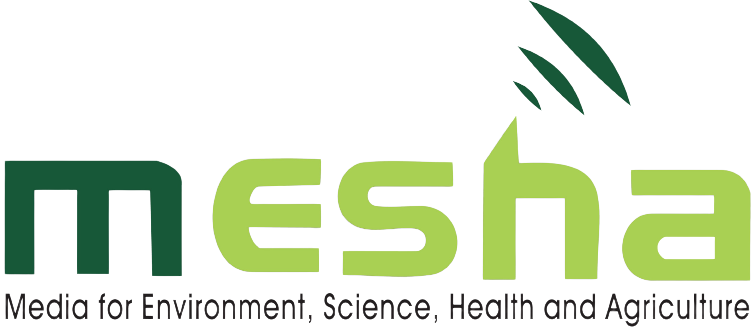By Christine Ochogo
NAIROBI – SATURDAY, APRIL 10, 2020 – Journalists have been cautioned against using traditional ways of news gathering when covering the coronavirus pandemic.
Just like all other humans, journalists are not an exemption and are equally at risk of contracting and spreading coronavirus disease given the nature of their day to day work.
Internews Global Health Media Adviser, Ms Ida Jooste is advising journalists globally to protect themselves fully if they have to leave home which she discouraged. For now she said everyone should stay at home and adhere to social distancing. “No story is worth your life hence staying safe during this unprecedented time is paramount,” she warned.
Ida was speaking during a cross border science café conducted online where over 70 science journalists from Kenya, Uganda, Zambia, Zimbabwe, Rwanda, Madagascar, Ghana and Nigeria participated.
The science media café was organised by the Media for Environment, Science, Health and Agriculture (MESHA) from Kenya, Humanitarian Information Facilitation Centre (HIFC) from Zimbabwe and Health Journalists Network in Uganda (HEJNU) whose team leader, Ms Esther Nakkazi, moderated the session. On board was also Zambia Institute of Mass Communication (ZAMCOM).
She mentioned that it was high time journalists embraced use of information technology such as, zoom, skype, WhatsApp among other social media tools.
The media advisor highlighted the importance for journalists to also adopt more revolutionary ways to gather news and information such as maximizing phone-in formats and voice recording for interviewees to avoid physical contacts with them, maintaining online production of unfolding story in credible and impactful way so as to keep audience.
She also advocated for use of protective equipment and adhering to the evolving guidance about best practice for safety such as wearing of face masks, keeping social distance, these among others.
During the café the Executive Director, International Community of Women Living with HIV, Kenya Chapter, Ms Inviolata M’mbavi, said lack of information flow from government has stifled access to medication and health services for persons living with HIV.
She added that all the attention is now focussed on COVID-19 at the expense of other ailments. However she noted that some facilities had devised ways of serving them such as providing ARVs for three weeks per visit.
“The COVID-19 situation is complicating lives of majority of HIV patients and this has increased their stress levels since they are unable to access antiretroviral therapy (ART) and other medication,” she added.
